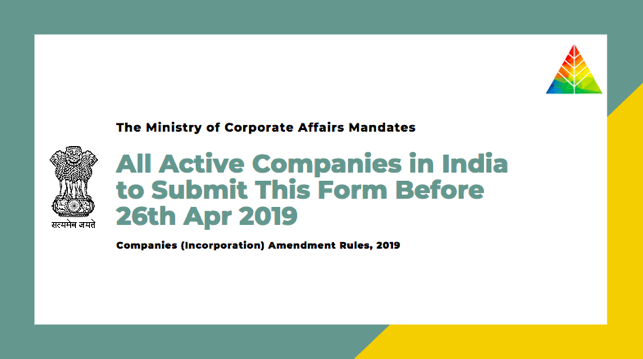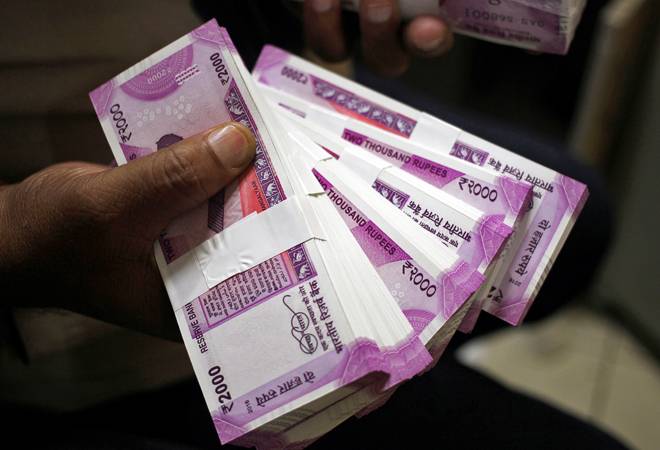SEBI KEEPS EVERYONE GUESSING ON SPILLOVER RISK OF NOT FIT-AND-PROPER STATUS – NSEL CASE – BLOOMBERG
The market regulator found subsidiaries of India Infoline, Motilal Oswal and Anand Rathi groups not fit and proper to offer commodity broking services for their alleged role in the Rs 5,300-crore payments scam at the erstwhile National Spot Exchange Ltd. But does that put the other businesses of these financial services groups at risk of facing similar action?
The Securities and Board of India in its order said close association with the NSEL and serious adverse observations of the various courts and authorities has “seriously eroded the reputation and belief in competence, fairness, honesty, integrity and character of the noticee”. In this case, India Infoline Commodities Ltd., Motilal Oswal Commodities Broker Pvt. Ltd. and Anand Rathi Commodities Ltd.
The question to then ask is will they behave differently in other segments, Amit Tandon, co-founder and managing director of shareholder advisory firm IiAS, told BloombergQuint over the phone. “Should the clients in those segments expect to be treated any differently?”
The order is clear that the three commodity brokers didn’t act in the best interest of their clients and fell short of what was expected of them, according to Tandon. But he said it leaves an unanswered question that if a broker isn’t fit and proper to deal in commodities, can it offer services for equities.
SEBI’s action comes when the structure of the market has changed—first through the merger of commodity regulator Forward Markets Commission with SEBI after the NSEL scam, and then with the regulator allowing universal exchanges to offer both stock and commodity services.
All three—Motilal Oswal, IIFL and Anand Rathi—operate multiple businesses offering fund management, investment banking, equities, derivatives and non-bank lending services. In many cases, equities, derivatives, fund management and commodities units have common clients.
But regulatory norms require companies to hold licences of various segments under different entities, primarily to curtail the spillover risk. And according to Vyapak Desai, partner at Nishith Desai Associates, there can’t be a direct or an automatic correlation on different group entities so long as they have different licences and are governed by different regulations.
Kartik Ganapathy, partner at Indus Law, said the regulator can test the fit-and-proper status whenever there is a challenge. Though, he said, SEBI will have to assess the status for each of the entities separately.
The non-commodity businesses of these entities will stand impacted only if SEBI passes specific orders against them, said Sumit Agrawal, founder of RegStreet Law Advisors and a former SEBI official.
“The SEBI order does not delve into lifting the corporate veil to determine who controlled these entities so this aspect is missing in the order,” he said. “And since SEBI hasn’t decided, it has to be done by the courts to ascertain if an order in one segment can impact others.”
Why Jignesh Shah’s Troubles Were Different
Nearly 300 brokers are under investigation by the regulator as part of its NSEL probe. And as the scam unravelled, the erstwhile FMC declared Jignesh Shah, founder of Multi Commodity Exchange and MCX Stock Exchange, and other members of the board not fit and proper to manage the NSEL. That subsequently led to SEBI declaring Shah as not fit and proper, forcing him to exit the stock exchange. Shah also lost control of the power exchange and other overseas bourses.
Still, Shah’s case was different since he operated a spot exchange. The NSEL was functioning under a notification of the central government and wasn’t allowed to short sell and any forward positions had to result in delivery. The exchange wasn’t under the administrative control of either FMC or SEBI until it started to default. At that point the government through a notification brought NSEL under the aegis of FMC which was later merged with SEBI in 2015.




